
Andres Gonzales
07.12.2024 13:29
207
20 min
4 ways to sell your indie games
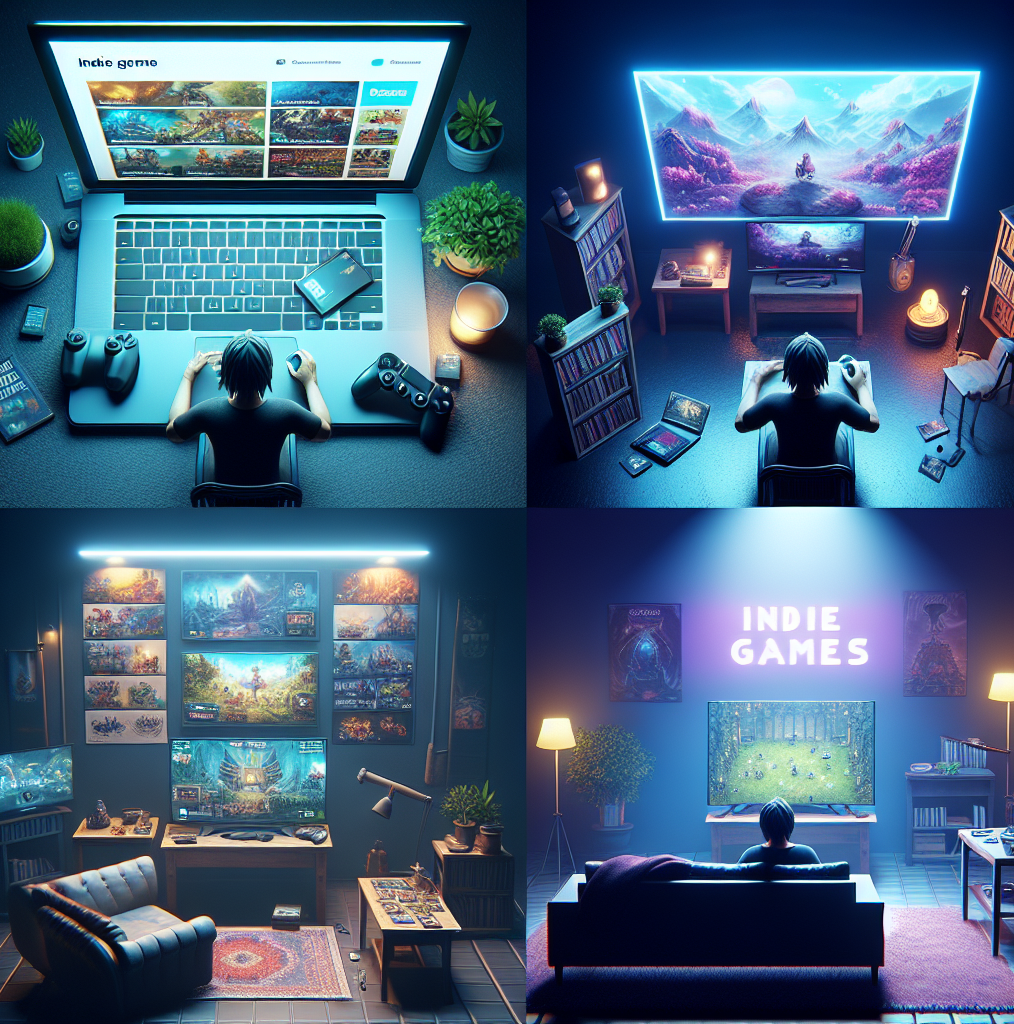
Launching an indie game is a thrilling journey, but turning it into a commercial success requires a strategic approach. With the right strategies, you can navigate the crowded marketplace and maximize your game's potential. In this article, we’ll explore 4 ways to sell your indie games and ensure that they reach the widest audience possible. From leveraging social media to pitching to publishers, we will provide effective methods to increase both visibility and sales. By understanding these approaches, you will be better prepared to transform your game from a passion project into a profitable endeavor.
Main Points
- Utilize social media for broader reach and engagement.
- Optimize sales through strategic partnerships.
- Maximize visibility by attending conventions.
- Effectively pitch your game to potential publishers.
Leveraging Digital Distribution Platforms for Maximum Reach
Independent game developers often grapple with finding the best ways to sell their innovative creations in a competitive market. Fortunately, the digital age presents an array of 4 ways to sell your indie games online effectively. But how does one navigate this seemingly labyrinthine digital world?
- Utilize Established Platforms: Portals like Steam and itch.io are crucial. They offer robust infrastructure and an existing user base.
- Engage with Social Media: Platforms such as Twitter and Instagram aren't just for selfies. They offer direct access to potential fans.
- Leverage Influencer Collaboration: Gameplay streams and reviews from influencers can magnify your game's visibility exponentially.
- Website Sales and Bundling: Creating a dedicated site for direct sales, alongside bundle promotions, can significantly boost revenue.
Clearly, choosing the best 4 ways to sell your indie games means understanding your audience. Digital strategies intertwined with personal engagement create a unique space that can propel your game to dizzying heights. Yet, the choice remains: Which path will you master?
Building a Strong Community Around Your Indie Game
Fostering a robust community around your indie game can be a game-changer. Start by engaging players with authentic conversations. Dive into forums and respond to feedback - it shows you care. But why stop there? Understand that communities thrive on shared excitement. Encourage players to create content inspired by your game. This adds layers of richness to the experience. Meanwhile, selling indie games can feel daunting. Explore 4 ways to sell your indie games on Steam, keeping an eye on reviews. Steam forums can serve as a hotbed for building interest. Consider branching out with 4 ways to sell your indie games at conventions. Face-to-face interaction is invaluable. Also, tap into 4 ways to sell your indie games through social media. But here’s the twist: Create spaces where players feel ownership and watch your community grow organically. Yet remember, authenticity over algorithm. Always.
Effective Marketing Strategies for Indie Game Developers
Creating a successful video game is half the battle; getting it noticed is the other. Indie game developers often face a daunting task when trying to sell your indie games to publishers. However, fear not, as there are effective strategies to bridge this gap. Firstly, harnessing the power of social media platforms is crucial. They not only provide a vast audience but help build a community around your game. Next, attending game expos gives you the opportunity to showcase your work directly to industry professionals. Another crucial method is to engage with influencers who can spotlight your game to their followers. Lastly, establishing a captivating trailer can spark interest and curiosity, urging both players and publishers to learn more. By employing these 4 ways, indie developers can significantly increase their chances of success in an ever-competitive market.
Utilizing Social Media to Boost Game Sales
Brands strive for unique ways to leverage social media for elevating game sales. The paradox lies in its simultaneously vast and niche nature. Platforms such as Instagram and TikTok provide diverse avenues to engage gamers, but their dynamics are ever-changing, leaving marketers in a constant race to adapt. Influencer partnerships can catapult a game into the spotlight, yet they risk inauthenticity with audiences. Meanwhile, community engagement on platforms like Discord fosters genuine connections but demands time and resources. Thus, while social media holds the power to transform sales metrics, navigating its complexities demands a strategic and adaptive approach to truly capitalize on its potential.
The Role of Influencers in Indie Game Promotion
In the vibrant world of video games, indie games frequently struggle to find their audience amidst the cacophony of big-budget titles. Yet, the advent of influencers in recent years has reshaped this dynamic. With a unique ability to reach niche communities, these digital personas have become crucial in the marketing arsenal of indie developers. Their offbeat reviews and enthusiastic playthroughs can catapult games into the limelight. But this relationship is not without its complexities. Sometimes, the influencer’s personal brand may overshadow the game’s narrative. On other occasions, their insights may inadvertently lead players away from a title. Navigating this unpredictable landscape, developers must question if authentic endorsement aligns with their vision. Thus, while influencers can substantially boost indie game visibility, the impact is inherently intertwined with the ever-shifting currents of online culture.
Pricing Strategies to Maximize Indie Game Profitability
Successful indie game developers understand that pricing isn't a straightforward calculation, but a nuanced art form. There are numerous pricing strategies at their disposal, each with its own intricacies. Dynamic pricing invites innovation, allowing for real-time adjustments based on market trends and player feedback. However, does this end up confusing loyal gamers, or does it simply weed out the impatient ones? Then there’s the widely debated concept of freemium models. Many argue this model offers the best of both worlds—large player bases and optional revenue channels. But, is the influx of non-paying users diluting the game's community? Finally, bundling can provide unique value, yet it raises questions: are developers undervaluing individual elements, or strategically attracting a wider audience? As one industry expert notes,
"In the realm of indie gaming, pricing decisions are as crucial as the design choices themselves."
By exploring these strategies, developers can better align pricing structures with their creative visions and audience expectations.
You Can Also Review These:
The ultimate guide to selling your indie game - GamesIndustry.biz
also,
https://wholesalevideogames.net/blog/5-best-platforms-to-publish-your-indie-game
Frequently Asked Questions
What platforms are best for selling indie games?
Some of the most popular platforms for selling indie games include Steam, itch.io, GOG, and the Epic Games Store. Each has its own set of benefits, so it's important to research which platform aligns best with your game's audience.
How can I effectively market my indie game?
Effective marketing involves a combination of strategies such as building a community on social media, reaching out to influencers, running targeted ads, and creating engaging promotional content like trailers and teasers.
Do I need a publisher to sell my indie game?
While a publisher can help with marketing and distribution, it is not strictly necessary. Many indie developers successfully self-publish their games using digital platforms, relying on direct marketing and community engagement.
How should I price my indie game?
Pricing can depend on various factors including the length and complexity of the game, your target market, and competition. Research similar games to find a competitive price point, and consider offering launch discounts to drive early interest.
What are some common mistakes to avoid when selling an indie game?
Common mistakes include neglecting marketing, underestimating the importance of community engagement, setting unrealistic release dates, and not investing in quality assurance. Learning from others' experiences and planning thoroughly can help mitigate these risks.

Andres Gonzales - Editor
14.11.2024 16:48
32
Andres Gonzales has 12 years of experience in digital video game and gift card distribution, and has been studying digital marketing since 2015.
Buy Wholesale or Retail
Video Games and Gift Cards
Best Price Guarantee!
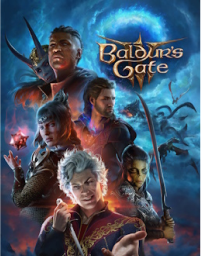
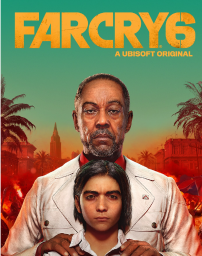
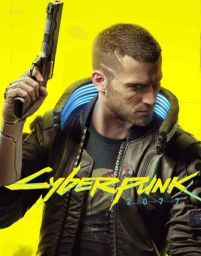
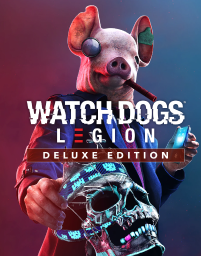
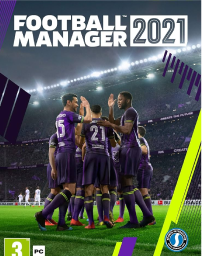




NEWSLETTER
Subscribe to our newsletter and receive our articles about games directly to your email.
